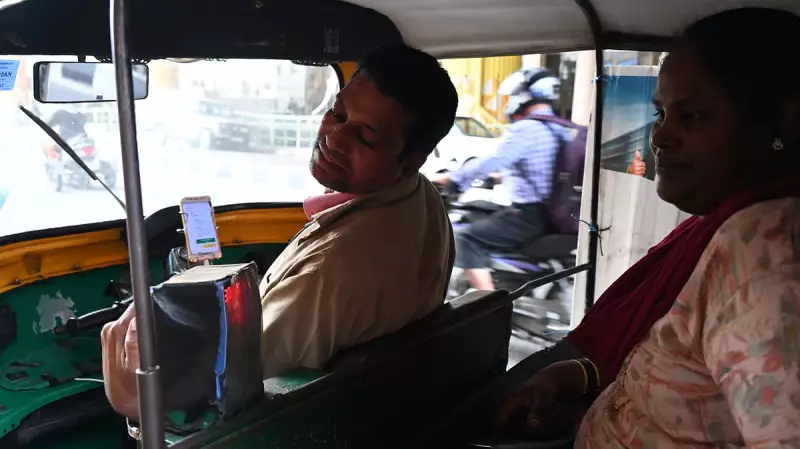
Bengaluru is heading toward a major transportation crisis as the deadline for auto-rickshaw fare meter recalibration approaches. Shockingly, only around 10,000 of the city's massive fleet of 3.45 lakh autos have upgraded their meters to reflect the new fare structure.
The Race Against Time
With the September 30 deadline looming large, the city faces a daunting challenge. The transport department's data reveals a staggering gap between requirement and reality. Out of 3.45 lakh registered auto-rickshaws, a mere 10,000 have completed the necessary meter adjustments.
What's Causing the Delay?
The sluggish progress can be attributed to several critical factors:
- Limited calibration centers: Only 28 centers across Bengaluru are authorized to recalibrate meters
- Overwhelming demand: Each center can process approximately 150-200 autos daily
- Technical bottlenecks: The recalibration process requires specialized equipment and trained technicians
- Last-minute rush: Many auto drivers are waiting until the final days, creating unprecedented queues
New Fare Structure Explained
The revised fare system introduces significant changes that affect every commuter:
- Minimum fare: Increased from ₹30 to ₹35 for the first 2 kilometers
- Subsequent rates: ₹22 per kilometer instead of the previous ₹18
- Waiting charges: Revised to ₹1.5 per minute from ₹1.25 previously
Potential Commuter Nightmare
If the deadline passes without significant improvement, Bengaluru could face:
- Confusion over dual fare systems operating simultaneously
- Increased disputes between passengers and auto drivers
- Potential refusal of rides due to meter confusion
- Transport department enforcement challenges
The situation demands immediate attention from transport authorities to prevent complete chaos in Bengaluru's already stressed transportation ecosystem. With millions of daily commuters depending on auto-rickshaws, the clock is ticking toward a potential crisis that could disrupt the city's mobility patterns.





